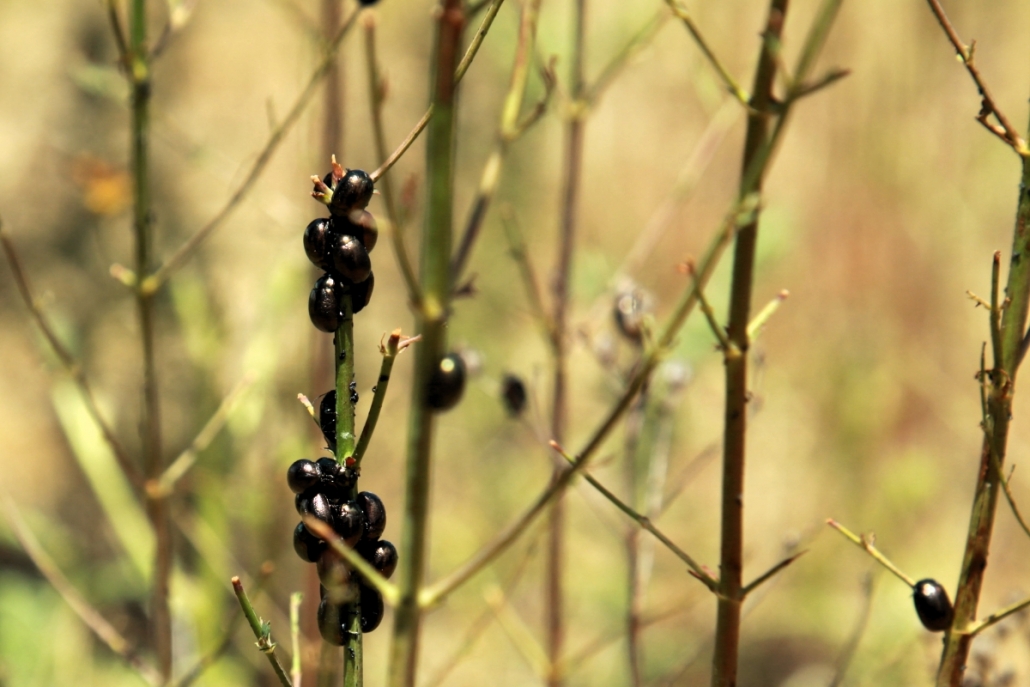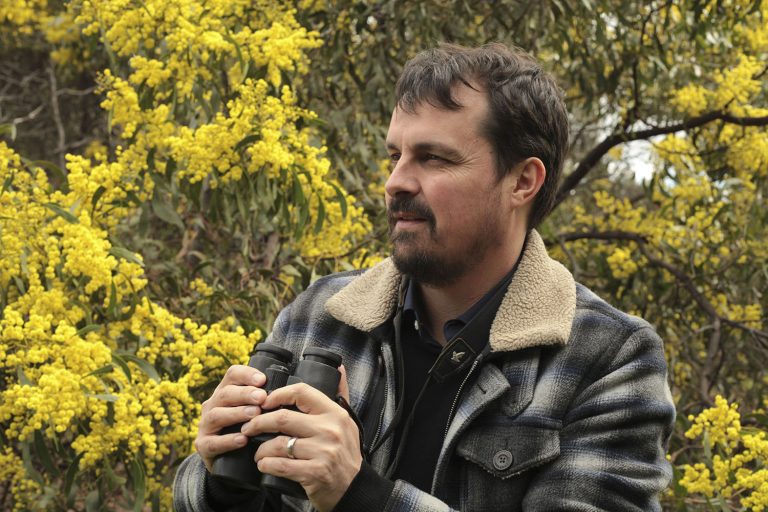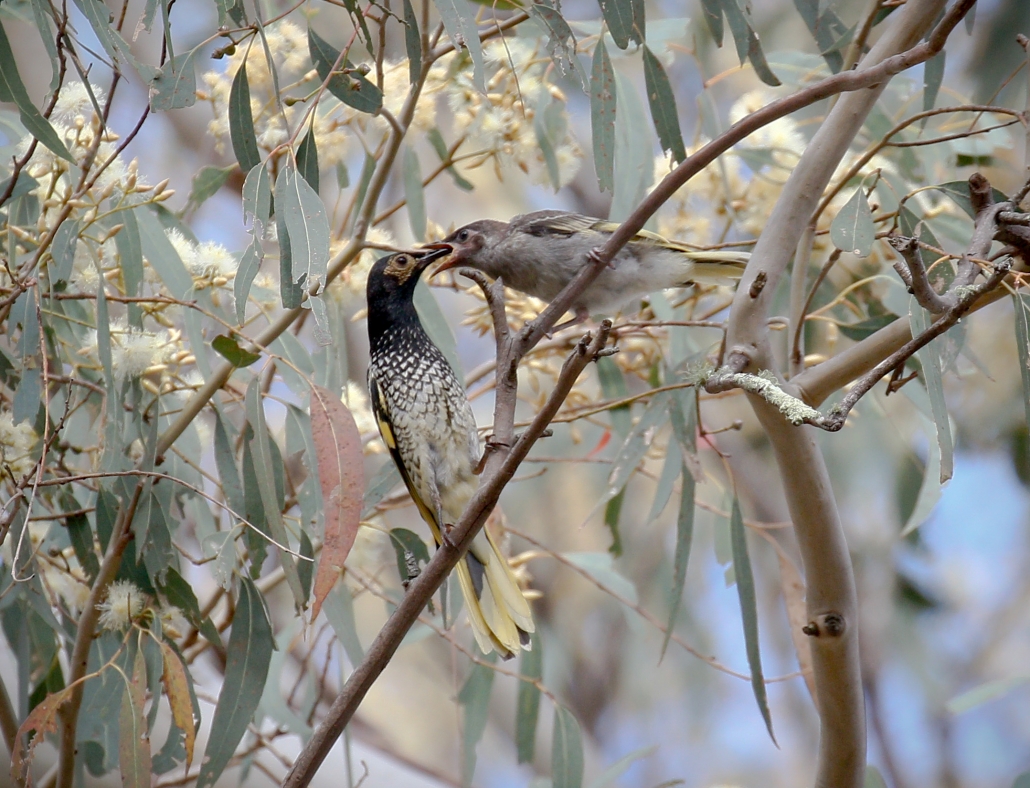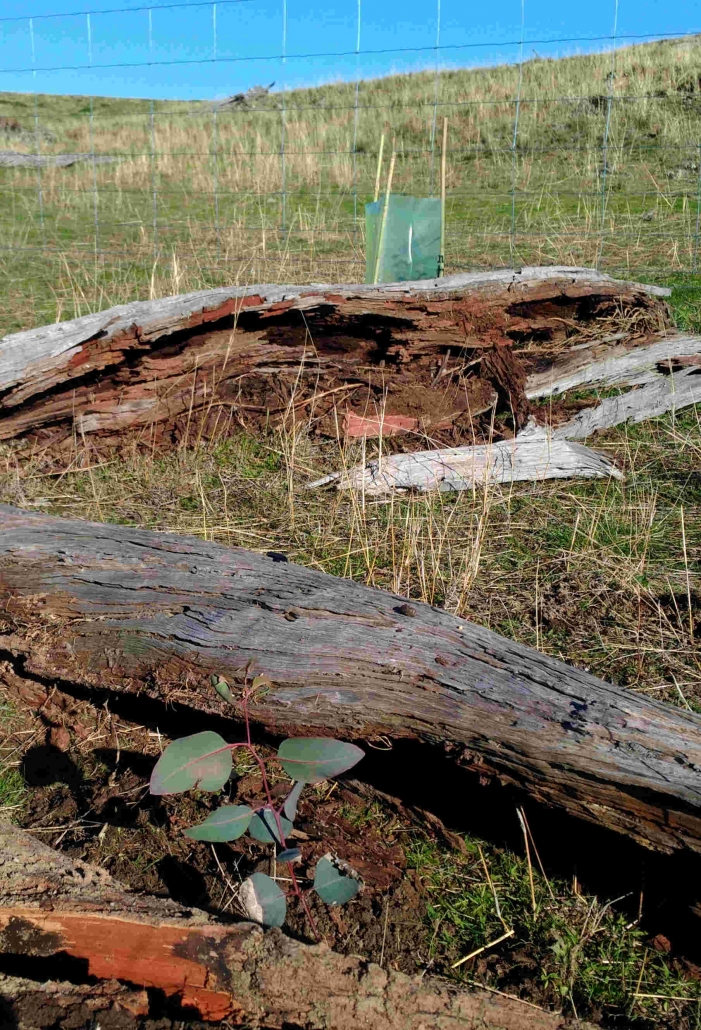Tackling weeds with biocontrol
First introduced into the country in 1875, St John’s wort (Hypericum perforatum) is now a declared noxious weed in many parts of south eastern Australia. It has become widely established in the Central Tablelands, being particularly suited to the hill and high-country pastures.
Good results for the control of St Johns’ wort in the Mid Western Regional Council area have been
obtained using the Chrysolina beetle as part of an integrated pest management strategy. The 6 mm long, shiny metallic beetle is most effective when used in conjunction with other strategies; with the greatest reductions seen where areas of St Johns’ wort have been grazed at the end of winter for a number of years in a row.
The beetle larvae which emerge in early spring feed on the developing shoots of St Johns’ wort and can severely damage the plant. Adults attack the spring growth. Where large numbers of beetles breed up the damage they cause to St Johns’ wort can be spectacular, with complete defoliation of the plants occurring.
Chrysolina beetles were introduced to the central west in the 1980s and are becoming well established in the area.

Want to find out more about weed biocontrol?
Central Tablelands LLS will be hosting a workshop to explore local biocontrol on Monday, 23 September in Bathurst.
Senior Research Scientist in the Weeds Research Unit, NSW DPI, Dr Andrew Mcconnachie, will present an informative session exploring the what, when and how for weed biocontrol options available in the Central Tablelands.
Dr Mcconnachie’s presentation will cover current research and local biocontrol agents available, how best to breed up or assist in the spread of biocontrol agents and how to monitor for your local biocontrol agents in the field.
Participants will have an opportunity to put their new biological control agents skills into practice during an afternoon field trip. They will also be on the list to receive a copy of the soon to be released “NSW Weed Biocontrol Handbook”.
This workshop will be a valuable learning experience for everyone from council weed officers to
landholders or anyone interested in local weed biocontrol options in the Central Tablelands.
The workshop is hosted in collaboration with the Central Tablelands Regional Weed Committee, the Regional Agriculture Landcare Facilitator Program, the Landcare NSW MEPAAWs project and the NSW Weed Biocontrol Taskforce.
The Local Biocontrol Options workshop will be held from 10am to 4pm on Monday, 23 September.
The morning presentation will be held in Bathurst and will be followed by a field trip to Sunny Corner after lunch.
For further information and to RSVP contact Marita Sydes on 0439 334 282 or marita.sydes@lls.nsw.gov.au or Liz Davis on 0427 452 662 or liz.davis@lls.nsw.gov.au.



